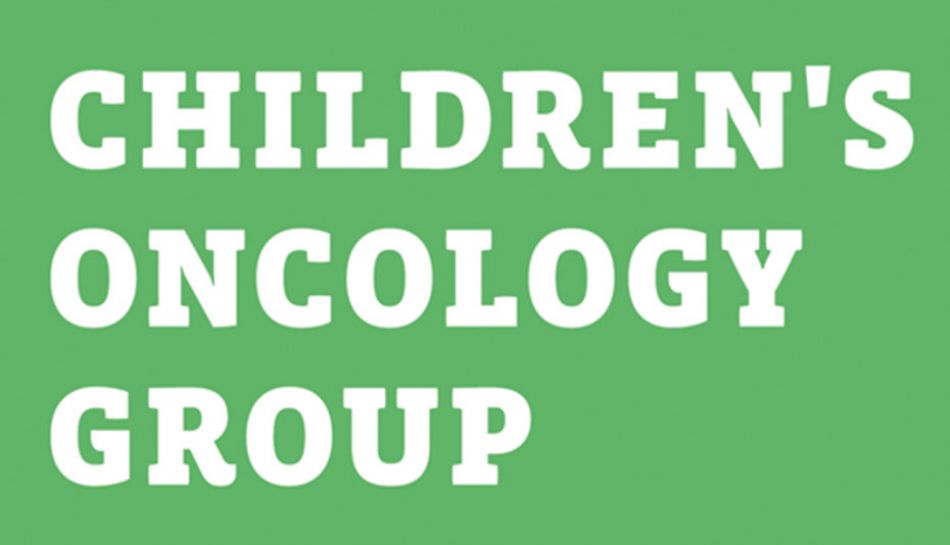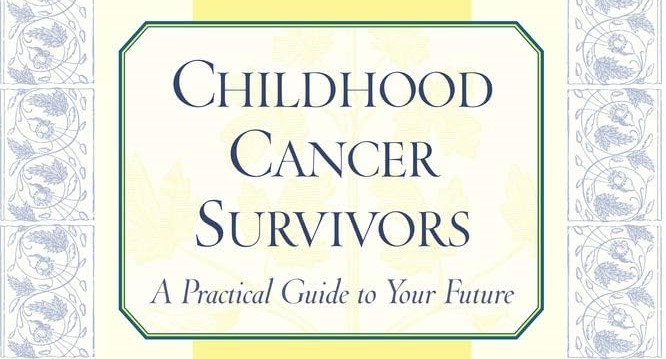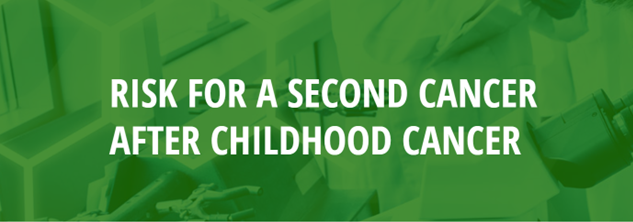
Colorectal Cancer After Childhood Cancer Treatment
Some childhood cancer treatments may increase the risk of developing colorectal cancer – colon and/or rectum cancer. This resource provides an overview of risk factors

Some childhood cancer treatments may increase the risk of developing colorectal cancer – colon and/or rectum cancer. This resource provides an overview of risk factors

This resource provides an overview of the importance of skin to the human body and the vulnerabilities of childhood cancer survivors. Treatments can sometimes cause

Although rare, some pediatric cancer treatments can cause another cancer to develop later in life. For survivors, skin cancer is the most common of these

Some childhood cancer treatments and stem cell transplants can cause kidney problems later in life. These problems are called late effects…The kidneys…remove waste and extra

The vast majority of survivors of childhood cancer have good kidney function. The few long-term effects that do develop are rare. These include nephritis, high

The kidneys are vital organs that filter out waste products from the blood, control blood pressure, and stimulate red blood cell production. Treatment sometimes requires

Sometimes, despite the best care and significant treatment progress, cancer returns. COG provides an overview of how to respond should this unfortunate reality occur.

If cancer recurs, parents, patients (when old enough), and the care team must decide about the following treatment course. Families must deal with the emotions

After a battle with childhood cancer, the last thing someone wants to consider is the risk of developing a second cancer. However, the COG and

Research has shown that the risk for a second cancer is slightly higher for childhood cancer survivors than the risk for cancer in people of